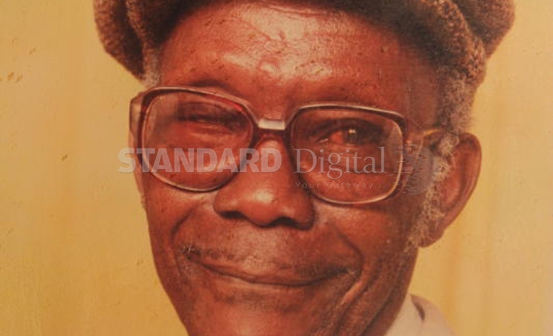×
The Standard e-Paper
Home To Bold Columnists

“Gary Coleman was born on the right side of the earth. Ojwang’ was not!” goes a quote in a 1984 Standard Newspaper article.
Yessir, 31 years ago, when just a few Kenyans owned television sets, Mzee Ojwang’ Hatari was a news-maker and a celebrity. Then, television was mostly black and white, and on watching an episode of Vitimbi then, President Daniel Moi reportedly ordered that it be shot in colour.